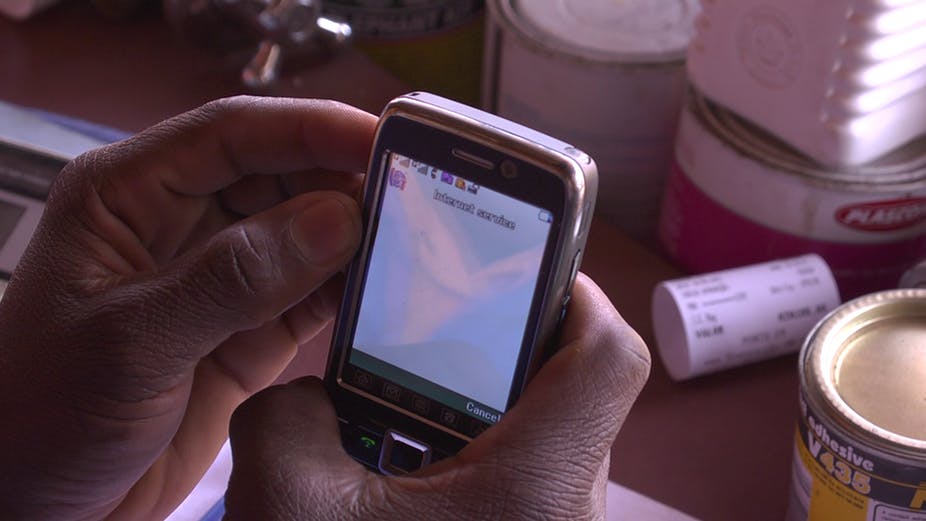When cases of corona virus infections started spreading in West Africa, many countries moved to ban public gatherings outright or limited them to a specific number of people.
Individuals have been encouraged to stay home. For those who need to go out, the World Health Organisation (WHO) encourages social distancing of at least six feet between individuals.
Employers have been encouraged to allow their employees to stay home or work from home if possible. Schools have been closed down until further notice.
The Siracusa Principles on the Limitation and Derogation Provisions in the International Covenant on Civil and Political Rights recognise that in cases of serious public emergencies that threaten the life of a nation, restrictions on some human rights can be justified when they respond to a pressing public or social need, pursue a legitimate aim, and is proportionate to that aim. The restrictions must not be arbitrary in application and must also have a specific duration.
Having been declared as a pandemic by WHO, COVID-19 fits the description of a public health emergency in which such restrictions or limitations can be evoked.
As many governments in West Africa accordingly, impose some of these restrictions and as many people continue to stay home as part of these measures to contain the spread of the virus in the sub-region and globally, one thing that is becoming clear is the importance of the internet.
Many schools that have been closed are now offering online classes and lectures for students. Many religious bodies such as churches are streaming their services online. Businesses such as boutiques and restaurants who are no longer opening their shops are offering online purchases for items to be delivered, thereby practicing social distancing and minimising physical contact. Many official meetings have moved to Zoom, Webex, Skype etc, reinforcing what a powerful tool the internet is, making life seem normal even in abnormal times.
Individuals are staying connected to their family and friends through the internet with many using video calls to see their loved ones that they can no longer meet physically.
Governments are streaming press conferences, briefings, and sharing updates on their websites and social media pages. Some have gone a step further to have dedicated websites for such purposes all in a bid to constantly keep their citizenry informed and reduce panic.
This lends credence to many calls by human rights defenders in West Africa for governments to promote and protect internet freedom in their respective countries. Attempts to repress the use of the internet through partial or full internet shutdowns, arbitrary arrests and detentions, unlawful surveillance, blocking of media websites and passage of legislations criminalizing legitimate online activities are all retrogressive. Shutting down the internet or social media platforms during elections, civil protests, school examination etc, have never been the solution to countering tensions or misinformation.
Another critical issue is internet access and affordability in West Africa. Despite interventions by governments in the sub-region, there exists a huge access gap between urban and rural populations. This is due to poor infrastructure and lack of clear policies to improve internet connectivity.
The cost of mobile data in West Africa ranges between USD2 and USD13 per gigabyte. This is higher than the average daily wages of many individuals in the sub-region. Limited access and high cost of data coupled with limited capacity to utilize internet-related technologies and tools undermine opportunities for development and threaten to entrench existing patterns of inequality in West Africa.
To ensure that the internet continues to serve the useful purpose of enabling the protection and promotion of human rights, the MFWA makes the following recommendations:
States
- Keep the internet on at all times.
- Take measures to make the internet open, accessible and secure.
- Use a multi-stakeholder approach to develop and implement appropriate rights-respecting internet-related legislation and policies.
- Any legislation or policy that is aimed at restricting freedom of expression online or to fight crime must meet the human rights principles of legality, necessity and proportionality.
- Avoid or scrap multiple taxation policies in respect of communication services as such tax policies increase the cost of connecting to the internet and contribute to further widening the digital divide.
- Collaborate with private sector to improve internet infrastructure to upgrade internet speeds, and ensure increased access to underserved areas.
- Improve community networks to connect the unconnected.
Telecommunication companies and Internet Service providers
- Reduce costs of data to make internet affordable for everyone.
- Remove data caps.
- Provide zero-rating for websites that are essential.
